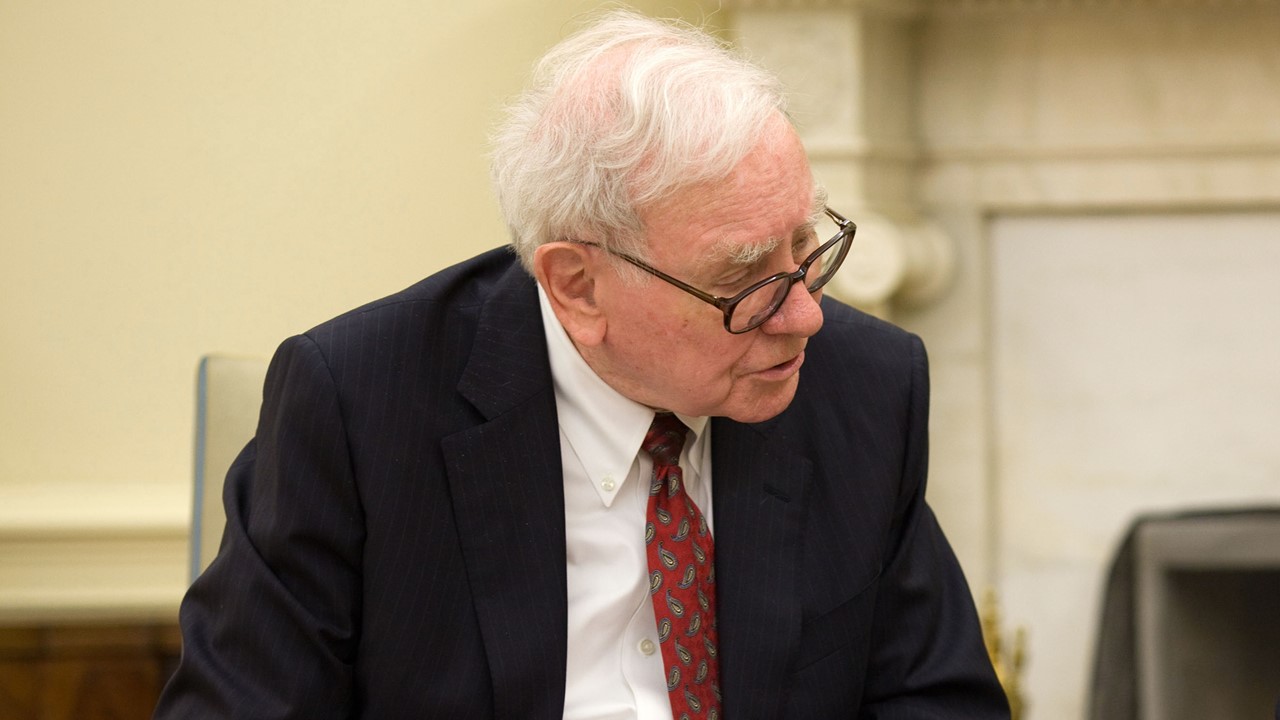
The tax reform law passed by Congress and signed by President Trump last year included a new rule that allowed businesses to immediately write off 100% of their asset purchases. The bill also allowed this treatment for used equipment that may have already been written off by another company. The WSJ reports that tax planners think companies may begin to shuffle around assets simply to take advantage of the tax treatment.
Tax planners say the market for used equipment—including railcars, airplanes and industrial machines—is likely to heat up in the months ahead as firms try to take advantage of changes in the tax law. It could mean a shuffling of assets by companies purely for tax reasons and mergers and acquisitions that exploit new tax edges.
Before now, smaller companies could fully deduct purchases of used equipment, but larger firms had to spread those deductions over many years, and faster depreciation schedules applied only to new assets.
Under the new law, one company’s gently worn asset could be worth more in another company’s hands. That situation creates an incentive for deals that get tax deductions to companies that can use them and income to companies that already have lower tax rates.
Tax lawyers say they are flagging the possibilities to clients.
“We might well see the development of a kind of swap meet for slightly depreciated business assets,” Chris Sanchirico, a tax law professor at the University of Pennsylvania.
Because the law is still new, the market hasn’t yet caught fire.
Tax lawyers said one asset class that could get attention is airplanes.
Consider a case of a company that borrowed money to buy a $10 million airplane that is now worth $9 million. For tax purposes, depreciation deductions have already lowered its value to about $4 million. The tax law’s new limits on business interest also limit the company’s ability to deduct its interest costs.
The company might enter into a sale-leaseback deal that replaces the borrowing arrangement with a leasing deal that shares the tax benefits between both firms. A bank could buy the plane and take a full $9 million deduction on the aged plane right away. The company would owe taxes on its $5 million gain, but the new lease payments would be tax deductible for the airline, while the interest payments wouldn’t have been.
“The assets now in the hands of the buyer are worth more than they were in the hands of the seller,” said Eli Katz, a tax lawyer at Latham & Watkins LLP in New York.
The tax changes will likely accelerate purchases of new and used aircraft, said Michael Morgan, an investment banker at Burnham Sterling who advises airlines.
“It’s certainly going to be helpful on the margin and we’ll see more acquisition of aircraft because of this,” Mr. Morgan said.
Sale-leaseback deals and other transactions that take advantage of the new rules could also make sense in the rail and energy industries, tax lawyers said.
Read more here.




